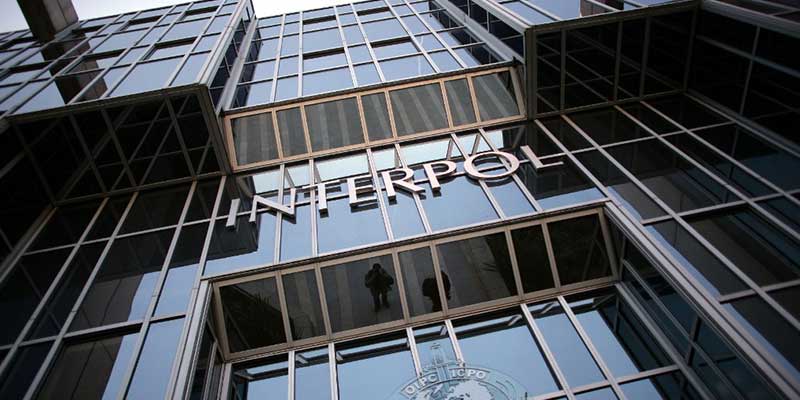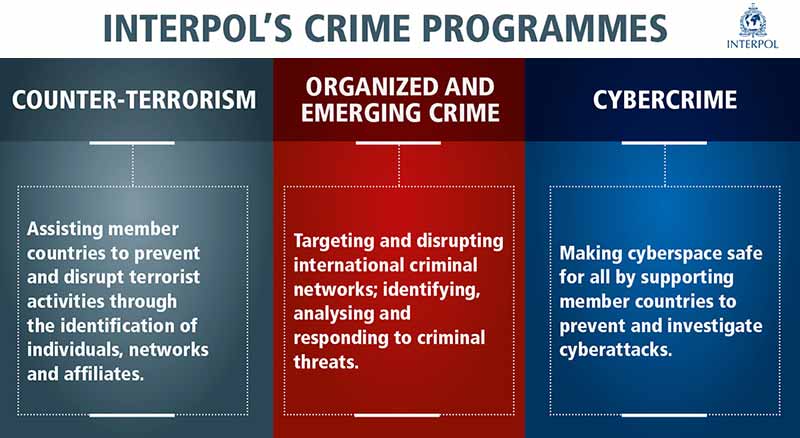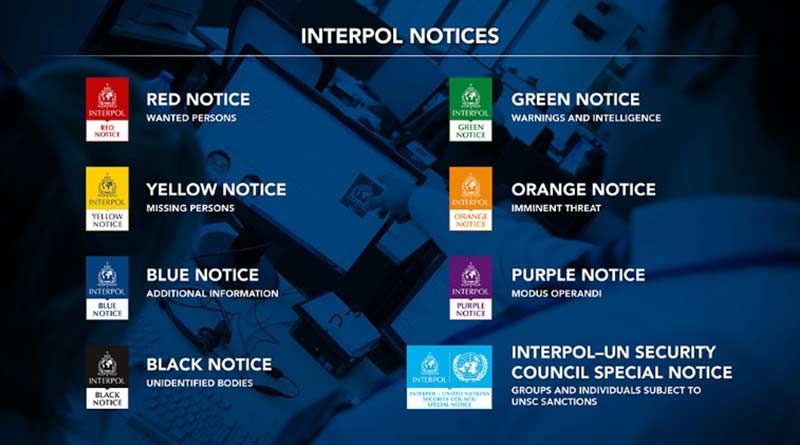- World
- Oct 08
Explainer / Functioning of Interpol
The Interpol has launched an online campaign to apprise people of major cyberthreats.
The campaign will alert the public to key tactics behind today’s major cyberthreats, highlighting that #JustOneClick can make all the difference when it comes to protecting your computer systems, networks and personal information from cybercriminals.
Joining the campaign are authorities in more than 70 member countries. A number of private-sector partners, international organisations such as UNODC and World Economic Forum, and non-profits are also supporting the campaign by sharing information on recent cases, as well as on tools available to help members of the public protect their systems from this threat.
The three-week campaign, from October 4 to 22, is run primarily through social media.
Scope of Interpol
• Today’s crimes are increasingly international. It is crucial that there is coordination among all the different players in maintaining a global security architecture.
• The International Criminal Police Organisation (Interpol) is an inter-governmental organisation that has 194 member countries.
• Interpol’s mission is to enable police around the world to work together to prevent and fight international crime.
• It enables police to work directly with their counterparts, even between countries which do not have diplomatic relations.
History of Interpol
• It began as the International Criminal Police Commission in 1923, and became the International Criminal Police Organisation in 1956.
• India became a member country on October 15, 1949.
Functioning of Interpol
• Interpol enables countries to share and access data on crimes and criminals and offer a range of technical and operational support.
• The General Secretariat coordinates its day-to-day activities to fight a range of crimes. Run by the secretary general, it is staffed by both police and civilians and comprises a headquarters in Lyon and several satellite offices in different regions.
• In each country, an Interpol National Central Bureau (NCB) provides the central point of contact for the General Secretariat and other NCBs. An NCB is run by national police officials and usually sits in the government ministry responsible for policing.
• It connects all countries via a communications system called I-24/7. Countries use this secure network to contact each other. It also allows them to access databases and services in real time, from both central and remote locations.
• The General Secretariat provides a range of expertise and services to member countries. Interpol manages 19 police databases with information on crimes and criminals (from names and fingerprints to stolen passports), accessible in real time to countries.
• It supports national efforts in combating crimes across three global areas — terrorism, cybercrime and organised crime.
Interpol notice
Interpol notices are international requests for cooperation or alerts allowing police in member-countries to share critical crime-related information.
Notices are published by the General Secretariat at the request of a national central bureau and are made available to all member-countries.
Most notices are for police use only and are not made available to the public. However, in some cases, for example to alert the public, or to request help from the public, an extract of the notice will be published online.
What are the different types of notices?
• Red Notice: It is a kind of international arrest warrant for fugitives where Interpol requests its member-countries to arrest or detain them.
• Yellow Notice: To help locate missing persons, often minors, or to help identify persons who are unable to identify themselves.
• Blue Notice: It is issued to collect additional information from its member-countries about a person’s identity, location or activities in relation to a crime.
• Black Notice: To seek information on unidentified bodies.
• Green Notice: To provide warning about a person’s criminal activities, where the person is considered to be a possible threat to public safety.
• Orange Notice: To warn of an event, a person, an object or a process representing a serious and imminent threat to public safety.
• Purple Notice: To seek or provide information on modus operandi, objects, devices and concealment methods used by criminals.
• Interpol-UN Security Council Special Notice: Issued for groups and individuals who are the targets of UN Security Council Sanctions Committees.
Manorama Yearbook app is now available on Google Play Store and iOS App Store




